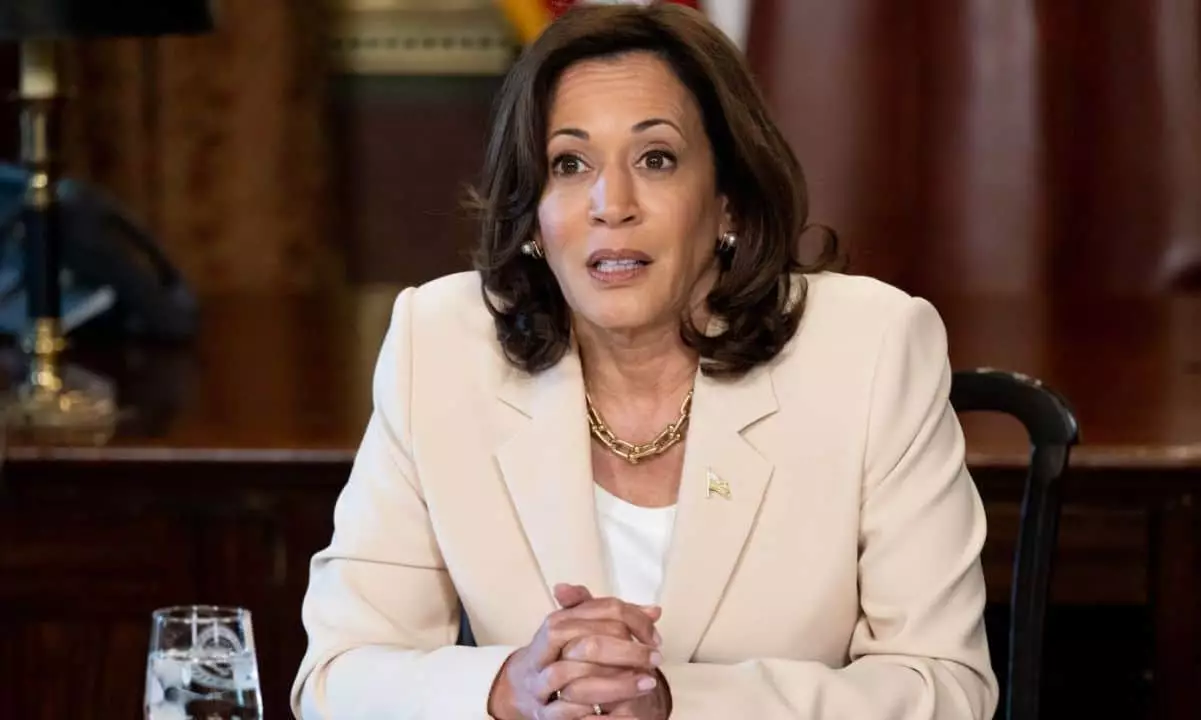The recent publication of the Democratic National Committee’s 2024 Party Platform showcased the party’s future political priorities for the upcoming election. Despite touching on popular issues such as housing costs and climate change, the platform notably left out any mention of Bitcoin, crypto, or blockchain. This omission reflects a missed opportunity for the Democrats to engage with a rapidly growing and influential industry.
One of the key points in the DNC platform is the emphasis on making the wealthy and corporations “pay their fair share” by equalizing the tax rates on investment income and wage income. This move would not only impact traditional investors but also harm Bitcoin holders who have already been disappointed by the current administration. By failing to address the concerns of crypto investors, the Democrats risk alienating a significant portion of the electorate.
The timing of the platform’s release, before Joe Biden’s withdrawal from the presidential race, raises questions about its relevance under a potential Harris administration. Many speculate that Vice President Harris would take a softer approach to crypto regulation compared to Biden. However, the absence of any mention of crypto in the platform may indicate a lack of clear direction on how the Democratic Party intends to handle this industry moving forward.
Some experts believe that the lack of mention of crypto in the DNC platform could be a subtle indication of a potential shift in the party’s stance. Adam Cochran of Cinneamhain Ventures pointed out that the absence of anti-crypto rhetoric in the platform could be interpreted as a signal of a more crypto-friendly environment under a Harris administration. This silence speaks volumes about the party’s current position on digital assets.
In contrast to the Democrats, the Republican Party’s platform explicitly voiced support for the crypto industry. The platform promised to end the anti-crypto crackdown initiated by the Democrats and pledged to protect Americans’ rights to hold and mine Bitcoin. Republican Presidential nominee Donald Trump even made appearances at crypto events, promising to establish a national “strategic Bitcoin stockpile” and criticizing the SEC for its hostile stance towards crypto. This vocal support has earned Trump significant backing from prominent figures in the crypto community.
The Democratic National Committee’s decision to omit any mention of crypto in its 2024 Party Platform represents a missed opportunity to engage with a rapidly growing industry. As the crypto market continues to expand, political parties must recognize the importance of addressing the concerns of digital asset holders and investors. Failure to do so may result in alienating a significant voter base and falling behind in technological and economic advancements. It remains to be seen how the Democrats will address this issue in the future and whether they will adjust their approach to crypto regulation in response to changing political dynamics.














